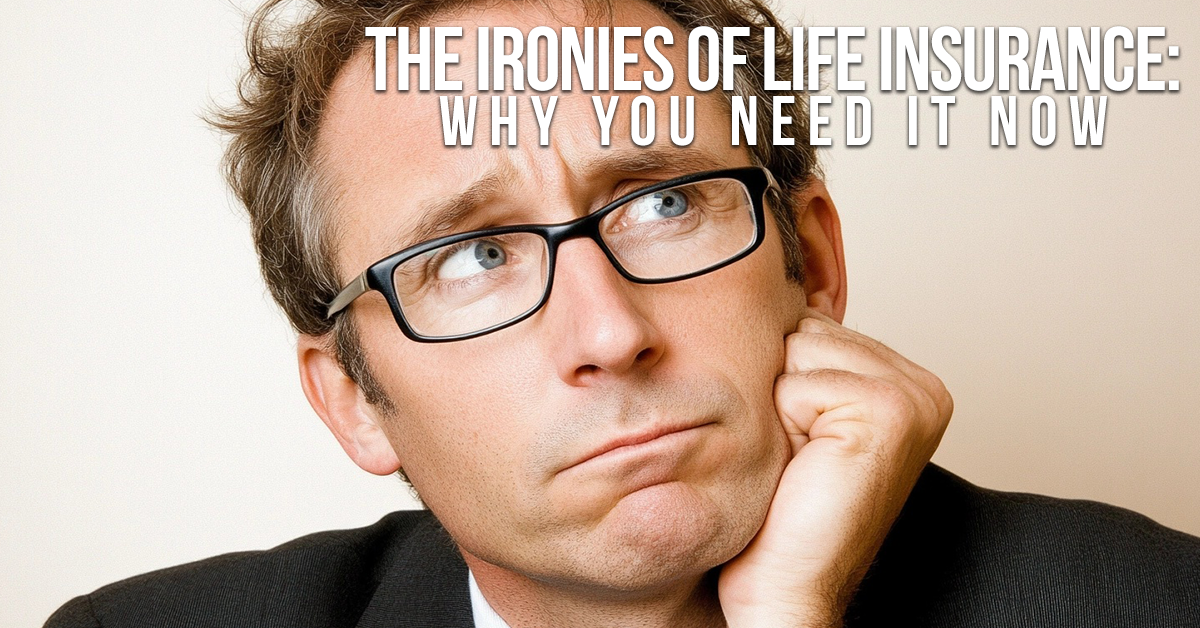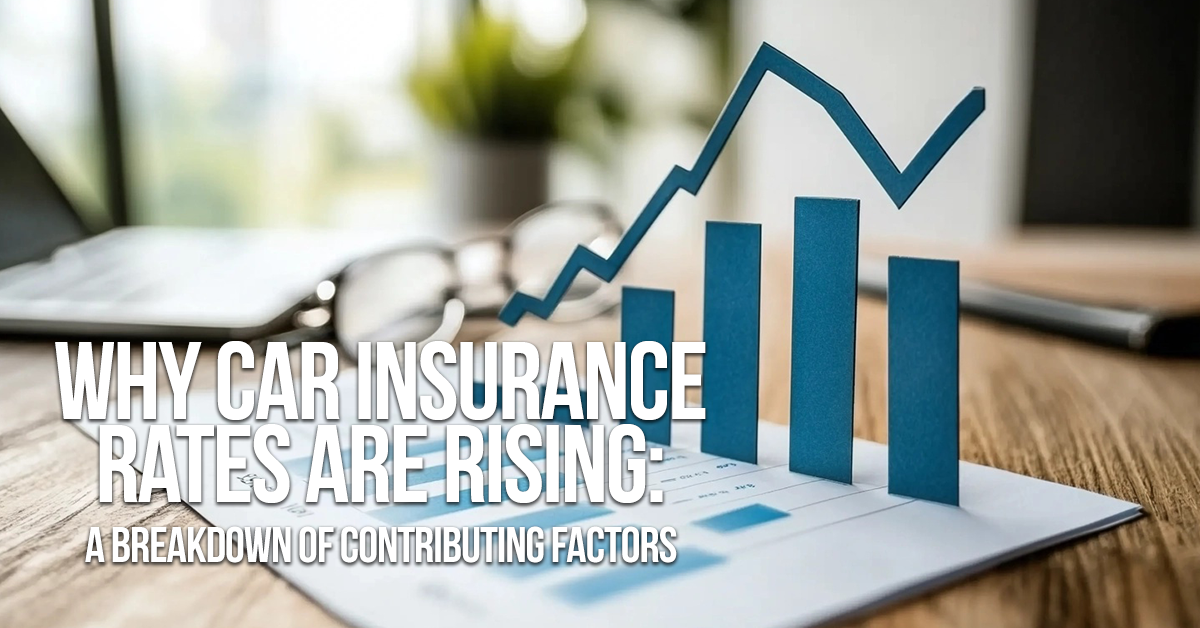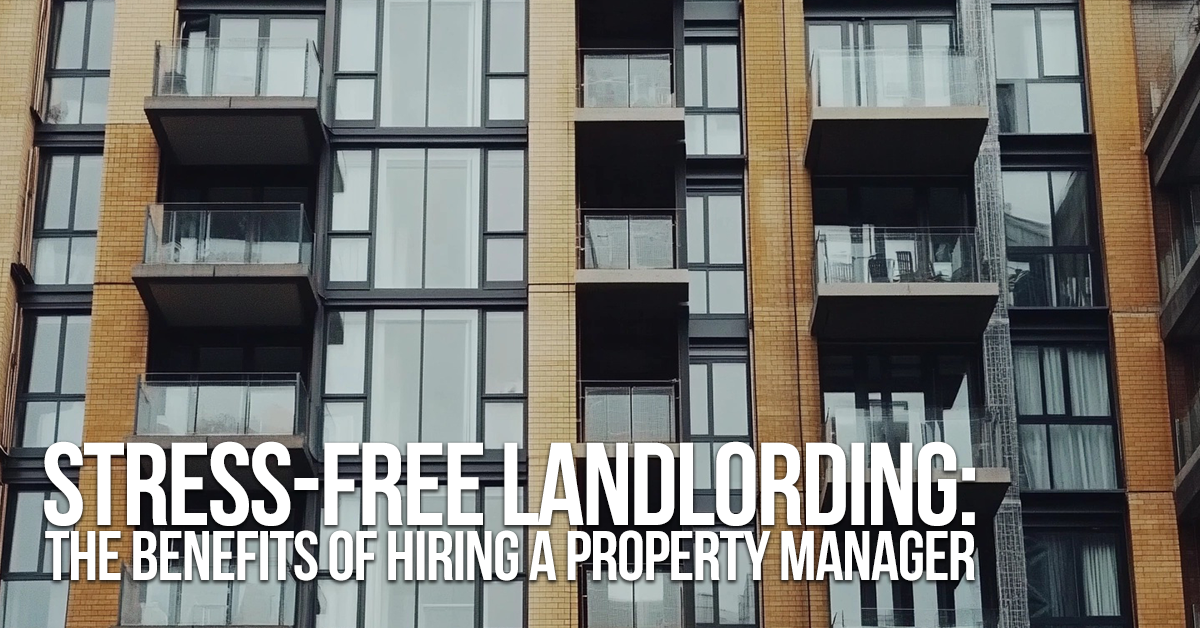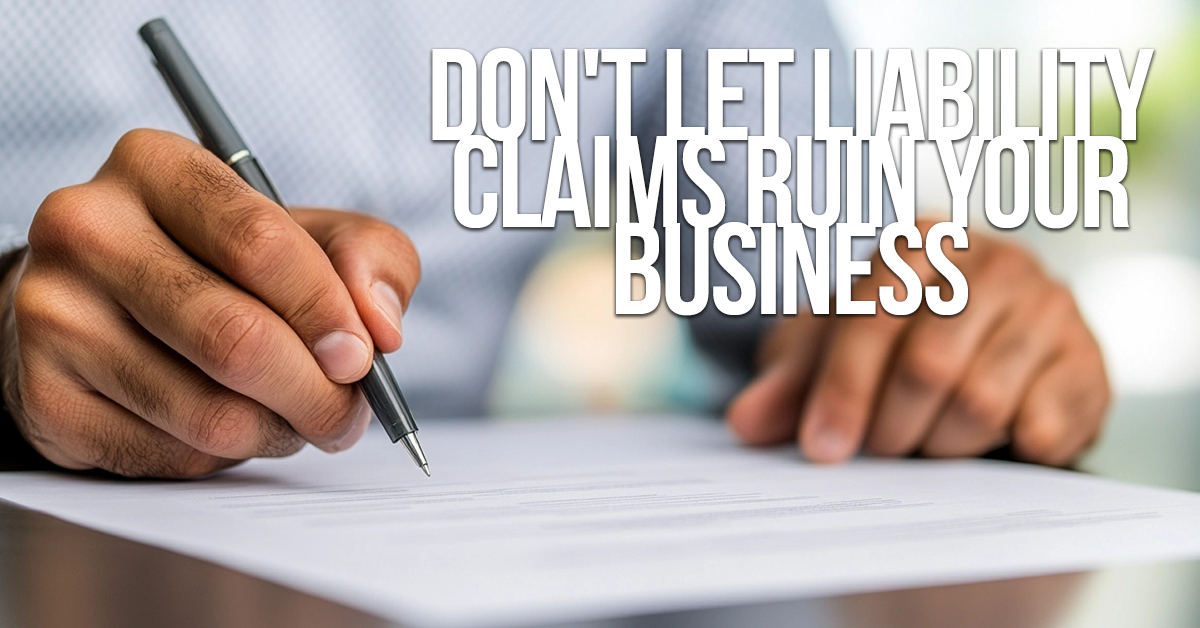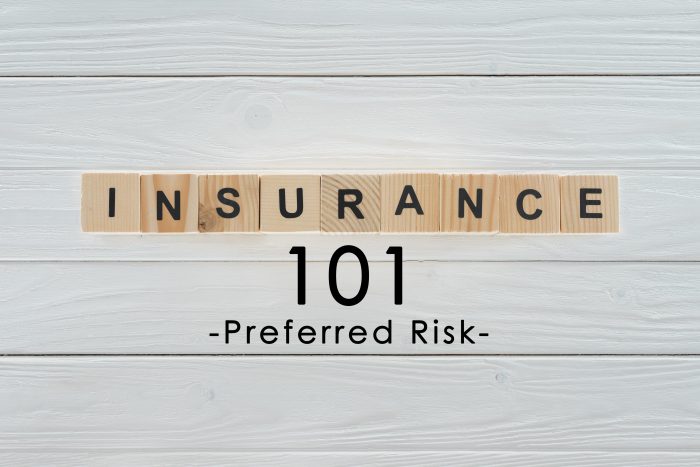
The term preferred risk sounds kind of like an oxymoron, wouldn’t you say? How could anyone “prefer” a risk?
Well, for insurance companies, the whole business revolves around the concept of risk. When you risk something, you’re doing something with the hopes that nothing will go wrong. That’s how insurance companies view you. You are a risk that they are taking on as their responsibility. The agreement you make via contract between you and your insurance carrier is basically saying that you will pay a specific amount in premium. In return, depending on the circumstances, the carrier is financially responsible for replacing your insured assets up to a certain limit (unless the asset is specifically excluded in the agreed contract.) This also applies to bodily injury and liability claims.
This is a huge risk for insurance because they never know when/if you will have a claim or just how costly it could be. For example, say you’re at fault in an auto accident in which you critically injured the other driver. The medical bills are maxed out at $75,000 that your insurance company is now responsible for paying (given that you have enough coverage.) Imagine how long you’d have to work to personally save up that much money and imagine how many things you could buy for that price. The insurance company loses a lot from just one claim like that. Again, how can there really be a “preferred risk”?
A preferred risk is a policyholder with an ideal background. Living in an area of light traffic and few traffic accidents reported, with a perfect driving record makes you a preferred risk. This is because the likelihood of you filing a claim is significantly less than someone in a high trafficked area with speeding tickets. Being a preferred risk typically means cheaper premiums.
Are YOU a preferred risk?





